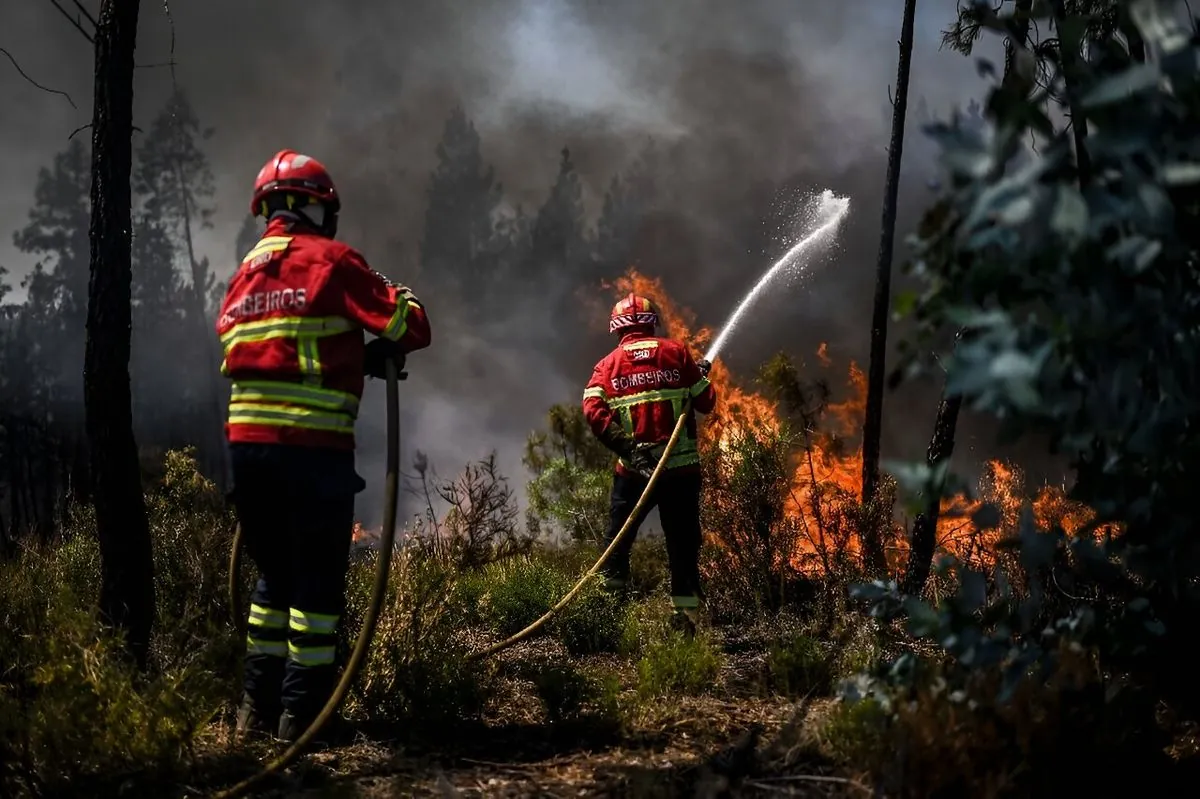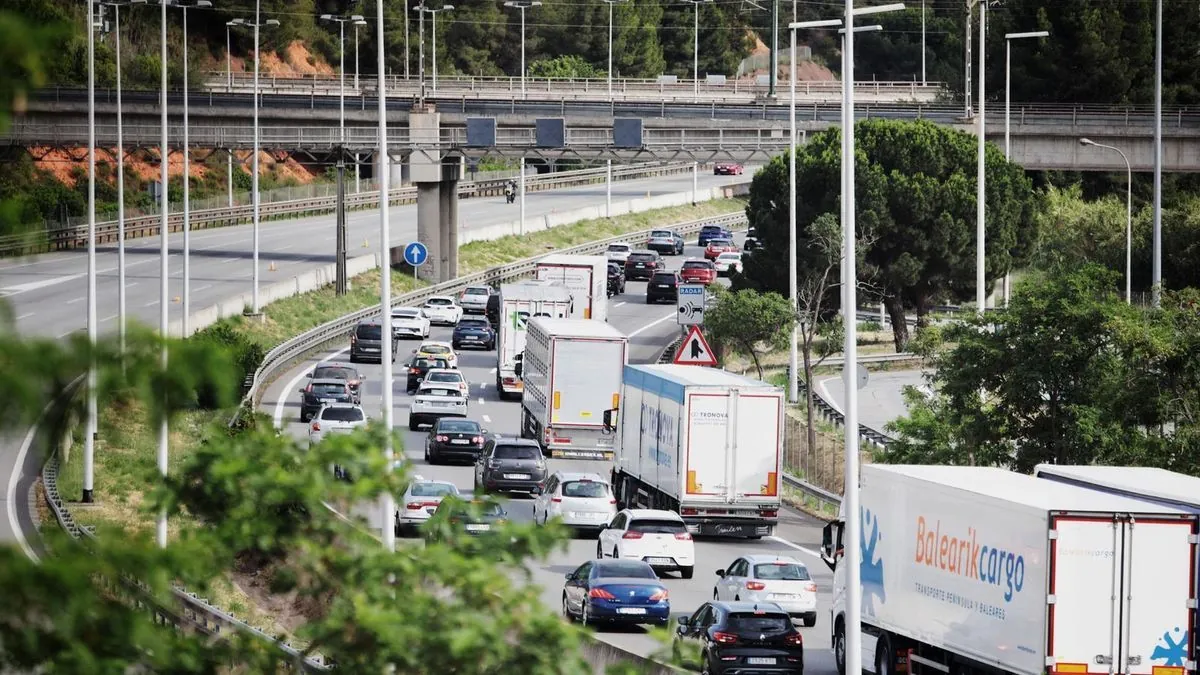Catalonian Wildfire Disrupts Major Transport Routes Near French Border
A forest fire in northern Catalonia has led to the closure of a key motorway and high-speed rail link. Emergency services have deployed multiple units to combat the blaze near Girona.

In a recent development, a forest fire in Catalonia, Spain's northeastern autonomous community, has caused significant disruptions to major transportation routes. The blaze, which erupted in Agullana, a municipality in the Alt Empordà comarca near Girona, has prompted emergency services to take decisive action.
The Catalan Fire Service has ordered the closure of the AP-7 motorway, a crucial highway that runs along Spain's Mediterranean coast. Additionally, the high-speed rail link connecting Figueres to the French border has been temporarily suspended. These measures have been implemented to ensure public safety and facilitate firefighting efforts.

To combat the wildfire, authorities have mobilized substantial resources. Twenty-seven fire engines and seven aerial units have been dispatched to the scene, showcasing Spain's commitment to maintaining one of Europe's largest firefighting aircraft fleets.
The closure of these major transport arteries highlights the potential economic impact of such natural disasters. The AP-7 and the AVE (Alta Velocidad Española) high-speed rail system are vital for both domestic and international travel and commerce in the region.
Wildfires have become an increasingly pressing issue in Spain, particularly during the warmer months. The Alt Empordà region, where Agullana is located, is known for its strong winds, which can exacerbate fire conditions. Climate change has been linked to the rising frequency and intensity of wildfires in the Mediterranean area, posing challenges for local ecosystems and communities.
The affected area near Agullana is renowned for its cork oak forests, which are particularly vulnerable to wildfires. These forests not only hold ecological importance but also contribute to the local economy through cork production.
In recent years, Catalonia has implemented advanced fire prevention and management strategies to address this recurring problem. The autonomous community maintains its own fire service, separate from the national fire brigade, allowing for more localized and rapid response to such incidents.
As firefighting efforts continue, authorities urge residents and travelers to stay informed about the situation and follow any safety instructions issued by emergency services. The incident serves as a reminder of the ongoing challenges posed by wildfires and the importance of robust emergency response systems in protecting both natural resources and human infrastructure.
"We are working to extinguish a forest fire. We have asked to cut the traffic of the AVE rail line and the AP-7 in both directions from Figueres to the border with France."
This event underscores the delicate balance between human activity and the natural environment, particularly in regions prone to wildfires. As climate patterns continue to evolve, adaptive strategies and increased preparedness will be crucial in mitigating the impact of such incidents on both local communities and critical infrastructure.


































